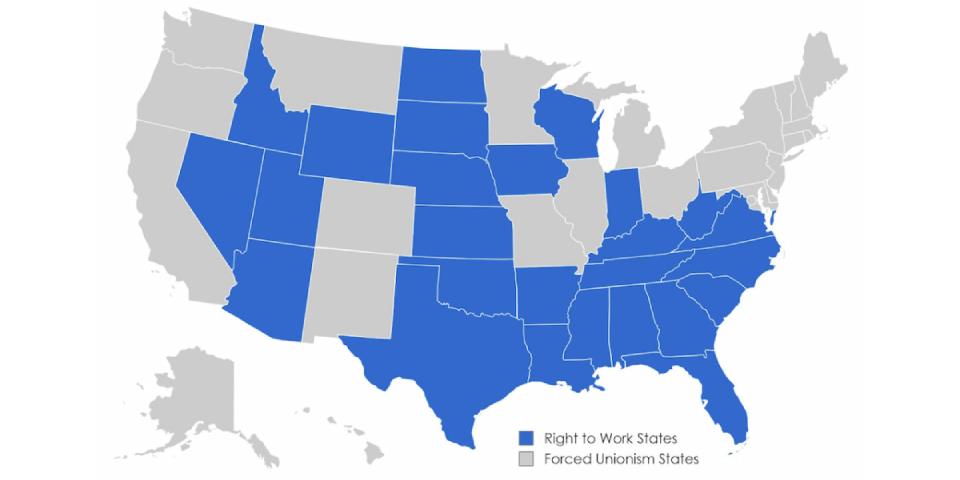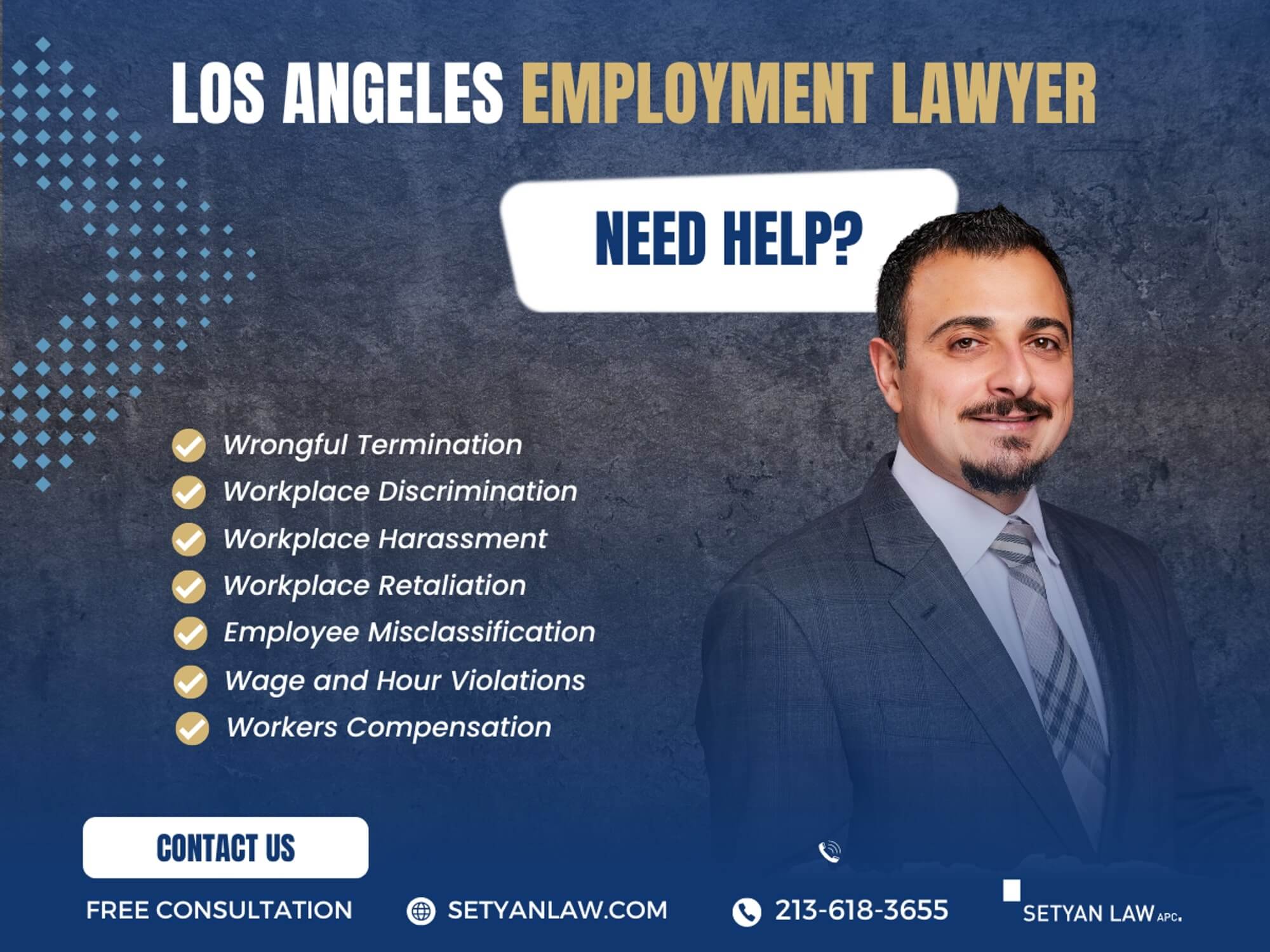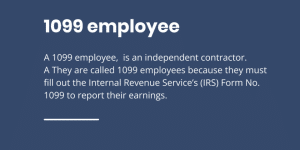Updated April 24, 2025
Understanding Right to Work Laws: A National Overview
Definition and Purpose
Right to work laws are state-level statutes that prohibit employers and labor unions from requiring workers to join a union or pay union dues as a condition of employment. These laws are rooted in the principle of individual freedom of choice in employment and association.
The central purpose of right to work laws is to prevent mandatory union membership or financial contributions. While supporters argue these laws promote economic growth and protect individual rights, critics claim they weaken labor unions and reduce worker protections.
History and Evolution in the U.S.
The foundation for these laws lies in the Taft-Hartley Act of 1947, which granted states the authority to enact right to work statutes. Since then, more than half of the U.S. states—primarily in the South and Midwest—have adopted such laws. These states include Texas, Florida, and Arizona.
California’s Unique Labor Law Landscape
Why California Is Not a Right-to-Work State
California has not adopted right to work legislation. Unlike states that restrict union influence, California protects unionized labor relationships and permits agreements requiring all employees to contribute to the costs of union representation.
The state’s progressive labor policies emphasize collective bargaining and worker solidarity. As a result, unions play a powerful role in shaping workplace standards, wages, and benefits.
State Constitution and Legislative Stance
California lawmakers have consistently rejected proposals to implement right to work laws. The state constitution and various statutes strongly support labor unions and collective representation. The California Labor Federation, a prominent advocate for workers, actively opposes right to work legislation.
Right to Work vs. At-Will Employment in California
Key Differences
Many confuse right to work with at-will employment. However, these are distinct legal concepts.
- Right to work pertains to union participation and financial obligations.
- At-will employment means an employer can terminate a worker at any time, with or without cause, so long as it does not violate discrimination or contract laws.
California is an at-will employment state, but not a right to workstate.
Employee Rights Under Each
Under at-will employment, California workers can be let go for nearly any reason—but they also retain the right to leave a job without notice. However, unionized employees may enjoy additional contract-based protections against unjust dismissal, thereby mitigating the downsides of at-will employment.
Unionization in California: How It Works
Role of Collective Bargaining
Unions in California negotiate with employers on behalf of workers to secure fair wages, benefits, and working conditions. This process—called collective bargaining—results in legally binding agreements that protect workers beyond what is required by state law.
Agency Fees and Union Dues
While California allows union security agreements, the 2018 Supreme Court decision in Janus v. AFSCME eliminated the ability to require agency fees from public employees. As such, public workers cannot be forced to fund union activities, but private-sector unions may still collect dues under collective agreements.
Key Labor Laws That Govern Employment in California
California Labor Code
The California Labor Code is a comprehensive set of laws that govern wages, hours, and working conditions. It mandates:
- Overtime pay
- Meal and rest breaks
- Paid sick leave
- Workplace safety standards
Public Employment Relations Board (PERB)
PERB enforces laws concerning collective bargaining in public employment. It ensures fair union representation and resolves disputes between public employers and labor organizations.
Common Myths About Right to Work in California
Misunderstandings Among Employees and Employers
Some workers mistakenly believe they can opt out of union dues because of “right to work.” However, in California, union security clauses may still apply in private-sector unionized workplaces. It’s crucial for employees to understand their rights and obligations under existing union agreements.
Employers also sometimes misunderstand their responsibilities, believing they can discourage union activity. In reality, California law prohibits retaliation or interference with lawful union efforts.
Impact of Not Being a Right-to-Work State
Economic and Legal Implications
Not adopting right to work laws allows California unions to maintain strong membership and funding. This, in turn, leads to better-negotiated contracts and stronger labor protections. Critics argue this could increase costs for businesses, but proponents say it improves overall workplace morale and economic equality.
Union Strength and Membership Rates
California has one of the highest union membership rates in the nation. Sectors like healthcare, education, and construction boast strong union presence. This results in better job security, higher wages, and comprehensive benefits for workers in these sectors.
Worker Protections in California That Replace Right to Work Laws
Wage Laws and Anti-Discrimination Statutes
California enforces a wide range of worker protection laws, including:
- Minimum wage laws higher than the federal rate
- Robust anti-harassment and anti-discrimination statutes
- Laws protecting whistleblowers and retaliation claims
Worker Retaliation Protections
Employees in California are protected from retaliation for:
- Reporting wage theft
- Participating in union activities
- Filing safety complaints
These protections reinforce worker rights even without right to work laws.
Federal vs. State Employment Law: Which Applies in California?
Supremacy Clause and Preemption
Federal labor law, particularly through the National Labor Relations Act (NLRA), sets the groundwork for union rights nationwide. However, California laws can supplement federal rules as long as they don’t directly conflict.
Case Studies
Cases like Janus v. AFSCME affect all states, but California’s response has been to strengthen voluntary union membership rather than weaken it. Additionally, California courts often uphold broader worker protections than federal courts.
How Employers Handle Unionized Workforces in California
Employer Responsibilities
Employers must:
- Respect collective bargaining agreements
- Avoid unfair labor practices
- Engage in good faith negotiations
Violating these principles can result in fines, legal sanctions, and mandatory remediation.
Dispute Resolution Practices
Disagreements between employers and unions often go through mediation or arbitration before escalating to legal proceedings. This collaborative system helps maintain workplace peace and stability.
Legal Cases Shaping Labor Rights in California
Janus v. AFSCME and Its Implications
This landmark case barred public unions from collecting agency fees from non-members. While it limited some union funding, California unions adapted by increasing member engagement and voluntary dues collection.
Key California Supreme Court Decisions
California courts have historically expanded labor rights, such as:
- Prohibiting forced arbitration of sexual harassment claims
- Upholding employee rights to organize
- Penalizing wage theft and labor violations
Right to Work Movement: Will It Ever Come to California?
Legislative Attempts and Political Trends
Although there have been sporadic attempts to introduce right to work laws in California, they have failed due to strong opposition from labor groups and Democratic lawmakers. Given current political dynamics, it’s unlikely right to work legislation will gain traction in California any time soon.
How Employees Can Protect Their Rights in Non-Right-to-Work States
Legal Recourse Options
Employees have several avenues if they feel their rights are violated, including:
- Filing a complaint with the California Labor Commissioner
- Reporting discrimination to the Department of Fair Employment and Housing (DFEH)
- Consulting with labor law attorneys
Knowing Your Union Rights
It’s essential for workers to:
- Read union contracts
- Attend union meetings
- Report misconduct or misrepresentation
Informed employees are empowered employees.
FAQs About Right to Work Laws in California
- Is California a right-to-work state?
- Can I be forced to join a union in California?
- Do right to work laws affect all employees equally?
- Can my employer fire me for union activity in California?
- Are there any benefits to working in a non-right-to-work state like California?
- Will right to work laws ever be adopted in California?
No. California has not adopted right to work laws.
In private sectors, union security agreements may require dues. In public sectors, no forced dues post-Janus.
These laws primarily impact unionized workers in states where they apply—not all employees.
No. California law prohibits retaliation for lawful union participation.
Yes. Stronger union protections, higher wages, and better benefits are common.
It’s unlikely, given the state’s pro-labor political climate.
External Resources for California Workers
- California Department of Industrial Relations
- California Labor Federation
- National Labor Relations Board (NLRB)
Final Thoughts: Navigating Employment Rights in California
Understanding what are right to work laws as it pertains to California is essential for both employees and employers. While California does not embrace right to work policies, it offers robust labor protections that reinforce fairness, equity, and workplace democracy.
For California workers, knowledge is power. Stay informed, stay empowered, and stand up for your rights.
Conclusion
Understanding California’s labor laws is crucial for both employees and employers. These laws are designed to protect workers’ rights, ensure fair treatment, and promote a safe and healthy work environment. If you believe your rights are being violated, it is essential to seek legal advice to understand your options and ensure compliance with the law.
Call Setyan Law at (213)-618-3655 to schedule a free consultation.






